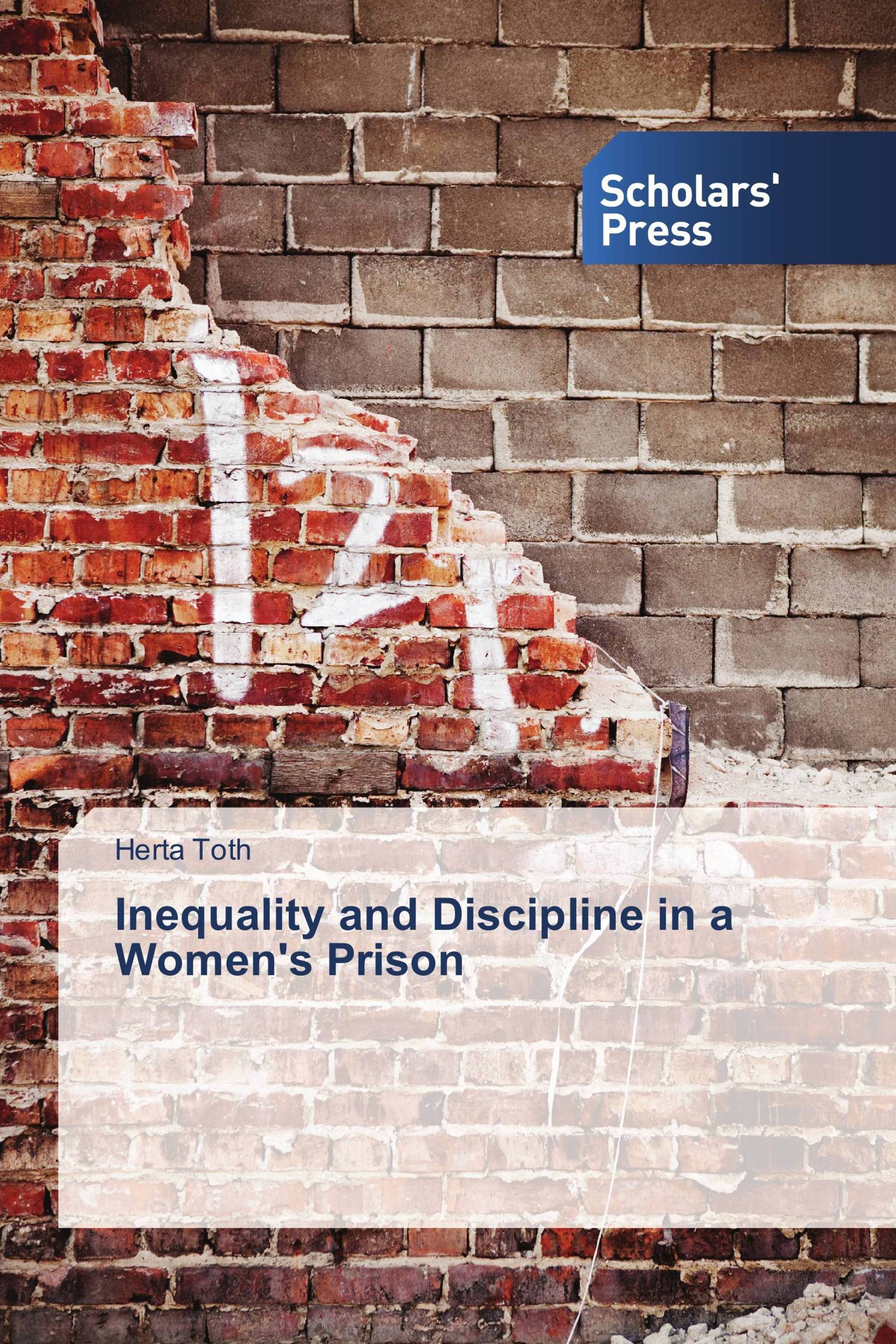The case-study of a women's prison in Hungary explores the relationship between in-prison inequalities and the prison’s strong emphasis on discipline. This project sets out to test Charles Tilly’s hypotheses about organizations (re)producing durable inequalities; their tendency to take over categorical inequalities out of convenience, which helps them accomplish other organizational work (Tilly 1998). The analysis demonstrates that a robust inmate hierarchy is in place: members of the elite are the extended arm of prison administration, a group of women are stigmatized as bad girls and warehoused until the day of their release; and the great majority of women are made disciplined workers. This work introduces the sorting mechanisms - e.g. job placement; or placement to cell - and the categories the prison uses - e.g. reliability, presentability - to distribute women in the various subgroups. The analysis uncovers the often direct translation between these internal categories and external social inequalities related to ethnicity or sexual orientation.
Book Details: |
|
|
ISBN-13: |
978-3-639-66458-4 |
|
ISBN-10: |
3639664582 |
|
EAN: |
9783639664584 |
|
Book language: |
English |
|
By (author) : |
Herta Toth |
|
Number of pages: |
224 |
|
Published on: |
2014-09-22 |
|
Category: |
Research on Woman and gender |
